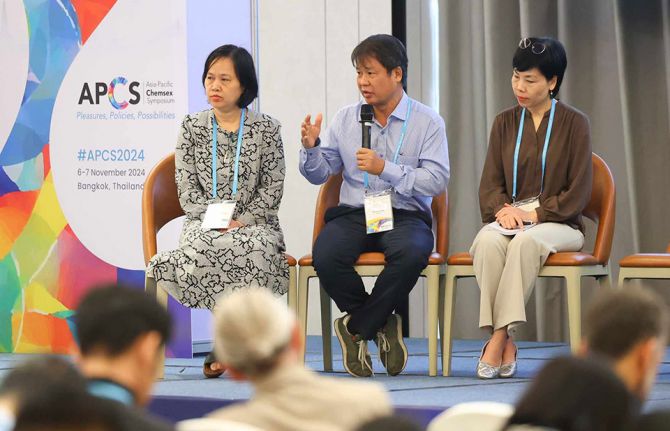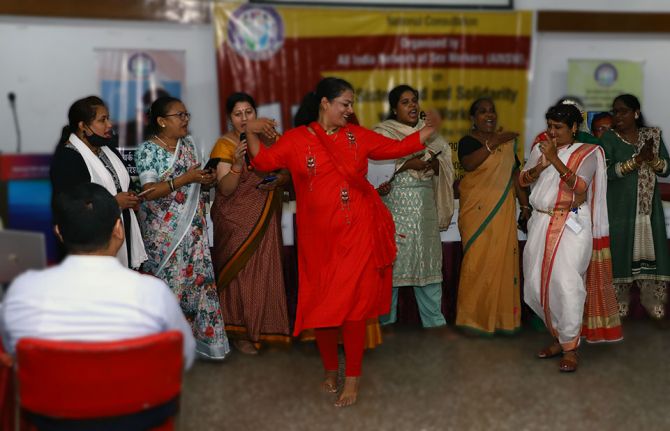


Update
Much more support needed in the AIDS response for sex workers
23 July 2014
23 July 2014 23 July 2014If the end of the AIDS epidemic is to become a reality, barriers to sex workers accessing the HIV services they need must be urgently removed, says a new series on HIV and sex workers published in the Lancet.
Launched this week at the 20th International AIDS Conference in Melbourne, Australia, the series of papers, all of which include sex workers as authors, provides the most comprehensive analysis to date about HIV and this often highly marginalized group. It shows that female, male and transgender sex workers are subjected to human rights violations and repressive laws and practices that can drive them underground and make it difficult for them to access critical HIV programmes, such as free or subsidized condoms, lubricant and antiretroviral therapy. For example, sex workers in Canada, India and Kenya report being arrested for carrying condoms and being subjected to physical or sexual violence from state authorities.
Sex workers in general have a heightened vulnerability to HIV. In low- and middle-income countries, female sex workers are 13.5 times more likely to be infected with HIV than all women aged 15–49 years. Yet prevention programmes for people who sell sex receive only a small proportion of overall HIV funding and there is little research looking specifically at the needs of sex workers or on the effect of next generation prevention strategies, such as pre-exposure prophylaxis.
The series argues that an effective response must not only address such biomedical interventions but also tackle the legal, socioeconomic and political environment in which people who sell sex operate.
It contends that the most significant and dramatic single intervention would be the decriminalization (rather than the legalization) of sex work. This one step could avert at least a third of HIV infections among sex workers and their clients over the next 10 years given that it would lead to safer working environments, fewer human rights violations and reduced police harassment and violence, the series maintains.
In a final call to action, the Lancet papers promote a holistic approach to reducing HIV among sex workers which, along with decriminalization, includes greater respect for the human rights of people who sell sex, including the right to antiretroviral therapy, challenging stigma, better and more inclusive research, community empowerment, meaningful inclusion of people who sell sex in the design and implementation of all programmes and paying special attention to the needs of male and transgender sex workers.



